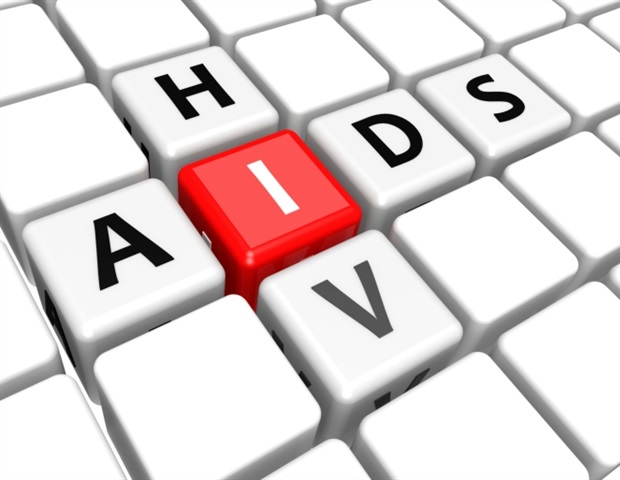A examine by the UOC in partnership with a number of Chilean universities examines the difficulties college college students face relating to sexual well being points, and proposes particular measures to enhance campaigns aimed toward selling wholesome sexual habits.
The limitations encountered by college college students are a lack of knowledge about sexual well being, social stigmas and the difficulties concerned in having secure intercourse.
The interval between post-adolescence and maturity is when most individuals interact in highest ranges of sexual exercise. Intercourse is probably not secure and wholesome at that stage in an individual’s life, which makes it a threat issue for morbidity and mortality as a consequence of sexually transmitted ailments or infections. To be able to examine the difficulties associated to sexual points encountered by younger college college students, a crew of researchers led by the Universitat Oberta de Catalunya (UOC), the Universidad de Santiago de Chile, the Universidad Bernardo O’Higgins and the Universidad del Desarrollo de Chile performed a examine to look at what hampers and what fosters the event of wholesome sexual behaviors.
We tried to search out out what hinders and what helps promote wholesome sexual behaviors amongst younger college college students, and suggest particular actions to enhance promotional campaigns.”
Manuel Armayones, lead researcher on the UOC eHealth Middle’s Behavioural Design Lab, member of the College of Psychology and Schooling Sciences and lead creator of the examine
The examine, printed as open entry in BMC Public Well being, makes use of social analysis methods and theoretical fashions of behavioral design to contribute to enhancing well being promotion campaigns in numerous settings.
Obstacles to wholesome sexual habits
The researchers used group dynamics to determine the features that act as limitations or facilitators of secure intercourse behaviors. The limitations embrace a lack of knowledge, social stigma and an absence of expertise for partaking in secure sexual relations.
As well as, the limitations perceived by younger folks embrace the truth that intercourse training is concentrated on organic features or that consciousness and promotion campaigns are based mostly on very bleak content material, and include prejudices and misinformation relating to using inner or vaginal condoms. “The members additionally recognized limitations to acquiring condoms at well being facilities and an absence of entry to preventive screening at college, amongst different points,” defined Armayones, who has a PhD in Psychology and is an knowledgeable in behavioral design on the UOC.
“We imagine that what’s most essential for selling wholesome sexual behaviors is complete intercourse training, entry to sexual and reproductive well being providers, and social and household assist,” stated Giuliano Duarte, affiliate professor on the Universidad de Santiago de Chile, and a PhD pupil within the Behavioural Design Lab. This promotion must foster easy accessibility to dispensers of inner and exterior condoms, and to well being facilities for testing for numerous sexually transmitted ailments, together with HIV. “Campaigns that embrace each ‘how’ and ‘what’ to do are wanted to make sexual behaviors safer, campaigns designed to make it simpler for them to be safer,” stated Duarte.
Vital however inadequate progress at Spanish universities
In line with the most recent CYD Rating, an indicator which measures the efficiency of the Spanish college system, 57% of Spanish universities have carried out sexual and reproductive well being providers or packages. Lots of of universities everywhere in the world have adopted and launched these sexual well being packages within the final decade. Though these providers have made important progress, there’s nonetheless room for enchancment.
The authors suggest methods comparable to implementing complete intercourse teaching programs at universities to encourage secure sexual behaviors. This consists of creating areas to debate points associated to sexuality the place accessible and confidential sexual and reproductive well being providers are all the time obtainable to college students.
The analysis crew concluded the examine by mentioning that digital applied sciences could possibly be an important software for reaching a wider and extra numerous viewers. As examples, they counsel utilizing cell functions designed in collaboration with younger folks and creating particular focus teams on messaging methods, along with campaigns combining audiovisual materials designed collaboratively by younger folks for platforms comparable to TikTok or Instagram.
Supply:
Journal reference:
Armayones Ruiz, M., et al. (2023) Obstacles and facilitators for secure intercourse behaviors in college students from universidad de Santiago de Chile (USACH) by means of the COM-B mannequin. BMC Public Well being. .
